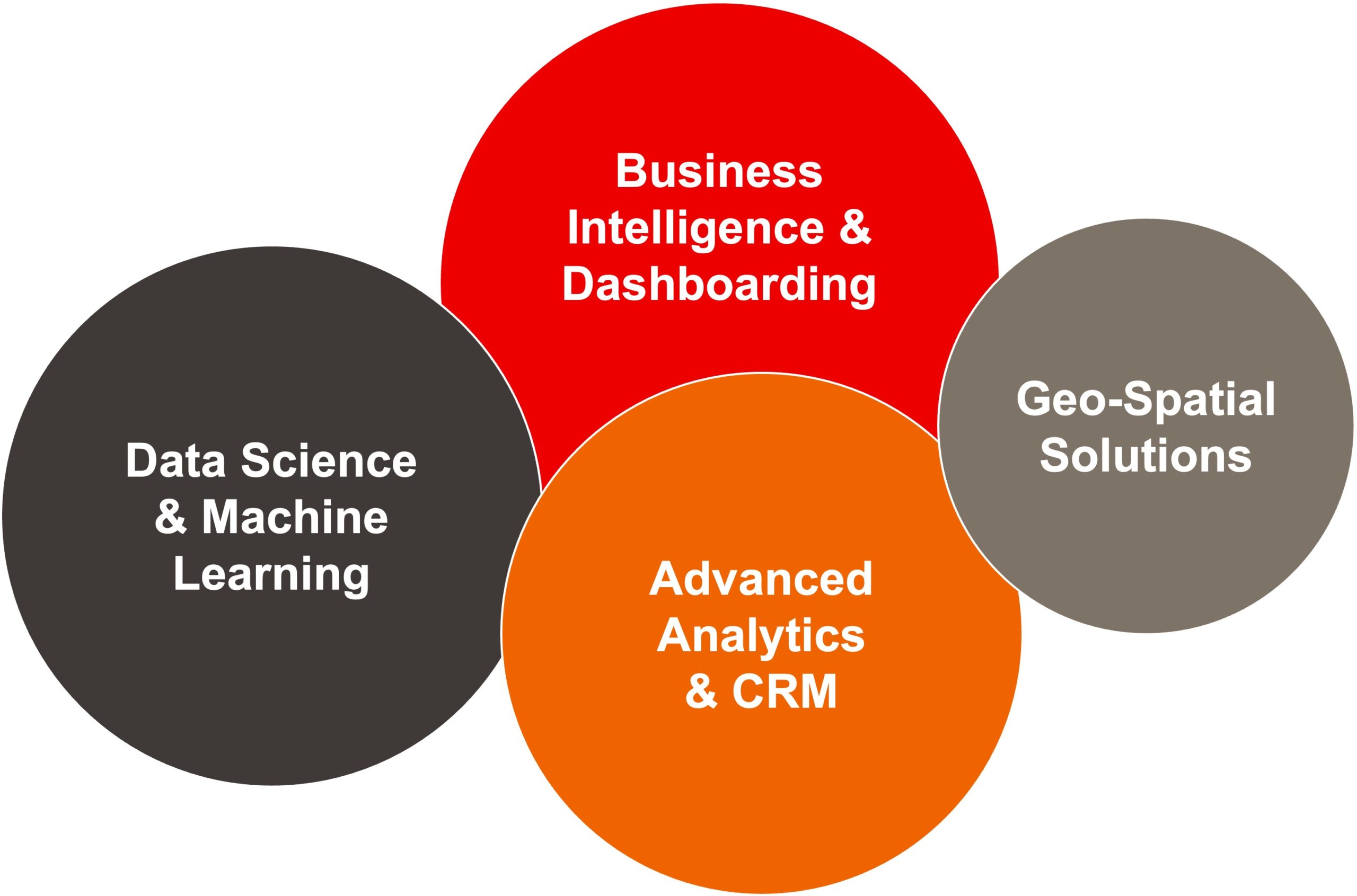Advanced analytics
We analyse people and places to unlock value for your business
See our sales planning tool and get a free custom reportData can do anything
We’re experts at extracting value from data, powering impactful decision making, that turns insight into sales growth.
Whether that’s self-service area analytics tools for data-driven decision making, developing predictive models to optimise marketing, or using real-time consumer mobility insights to inform new retail site selection, we unearth the facts that ensure you get it right.
Learn more about our solutions, services and success-stories below – or book an introductory call with the team to tell us about you, your objectives, and how analytics can help.








